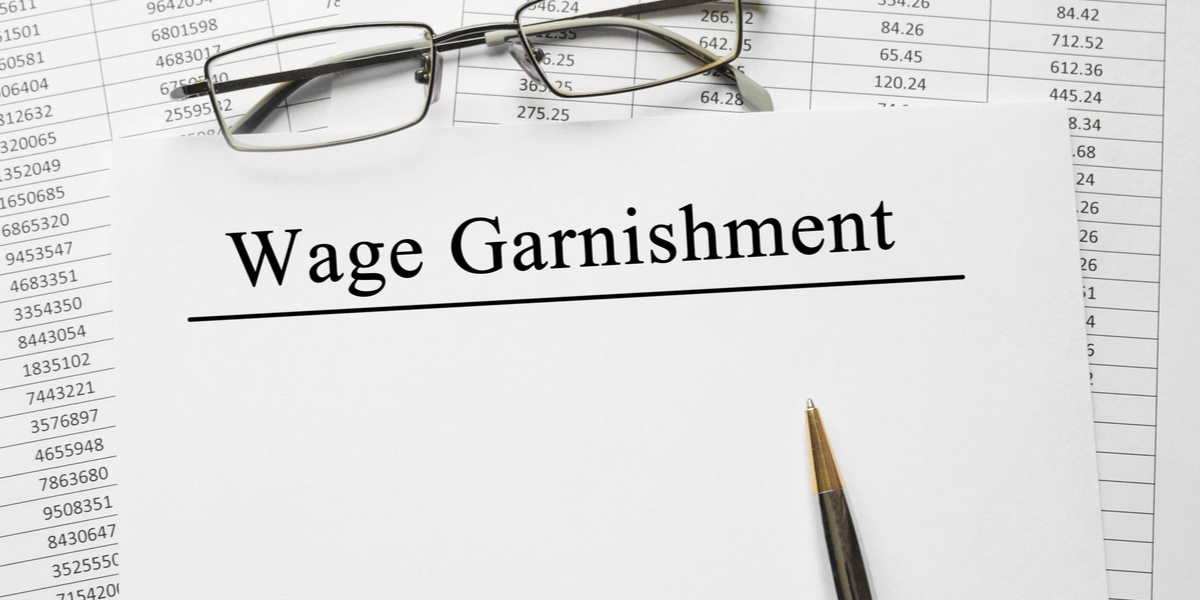Writing A Property Tax Hardship Letter
If you are experiencing financial hardship, which means your finances are affected by something that is beyond your control, you may be able to get some relief by writing to a government agency to ask for some relief on your property taxes. It should be noted, however, that even if your request is accepted because you can genuinely prove your hardship, your debt will not be forgiven. Rather, you will be offered some sort of deferral instead.
Possible Reasons to Allow a Property Tax Deferral
There are some legitimate reasons that are generally accepted for property tax deferral. These include unemployment, activated military personnel, a death in the family, sudden illness or disability, failed business, and separation or divorce. However, it all depends on the state, so you should find out the rules that apply to you specifically before writing your letter. It is also common that there are some special programs for certain demographics such as the elderly and disabled, as well as for other groups of people. Most states offer these programs to:
- Those who have owned their property for at least five years
- Those who run a nonprofit organization but still have to pay state taxes. If their property is now used for things that state legislature renders exempt, they may apply as well.
- Widows and widowers of military veterans with low income
- Those over the age of 60
- People with a disability that forced them into early retirement because they are no longer able to work.
- A natural disaster that has affected an entire geographical area
- Long-term occupants
- Veterans returning from active duty
How to Write a Property Tax Hardship Letter
When you write your letter, one of the most important things to do is to include all documented evidence for your hardship. Your federal income tax statements, copies of outstanding debts, payslips, and other such documents should all be included. Keep the letter short and to the point, and present only the facts.
If you are granted an exemption on your property taxes, you will have to pay them the following year. Hence, you need to start preparing for this, as you will effectively have a double bill. One way to do this is to speak to your mortgage provider and create an escrow. This means that you pay a little bit more every month, and this money is then held in an account for you in order to pay your taxes. For many, this is a great way to prevent having to pay a large, unmanageable sum at the end of the year. Hence, you may also need to write a letter to your lender in order to explain your situation. However, that should be done after you have heard from the tax office.
Meanwhile, remember that a hardship letter is a formal document. It should be properly written and addressed to the right person. Keep it short and to the point, with references to the pieces of evidence that you supply. Try to avoid becoming emotional, as the tax office is interested in facts, not in feelings.
A Property Tax Hardship Letter Example
{Name}
{Address}
{Phone #}
{Date}
Dear {assessor}:
I am positive that my assessment of {amount} is in error.
I would like to request a review. The parcel number is {number}.
If the amount is based on the property description listed on the Assessor’s Office website, that explains the error. Rather than {square footage/bedrooms/etc.} listed, in actuality {the garage has been torn down/there is only one bathroom/the room sizes are off}.
Here’s a list of other discrepancies between your report and the reality of my property:
{discrepancy}
{discrepancy}
{discrepancy}
As a layperson, I looked at the market value of similar homes and used {source} to calculate the reduced value of the property. Based on this, I believe I owe closer to {amount}.
Attached, please find {appraisal report from my recent refinance attempt} as well as {a letter from my real estate agent listing major repairs I’d need to undertake to make the home sellable}.
Paying {assessed amount} would create a severe hardship to my family. I look forward to the review and a revised bill.
Sincerely,
{Sender Name}




